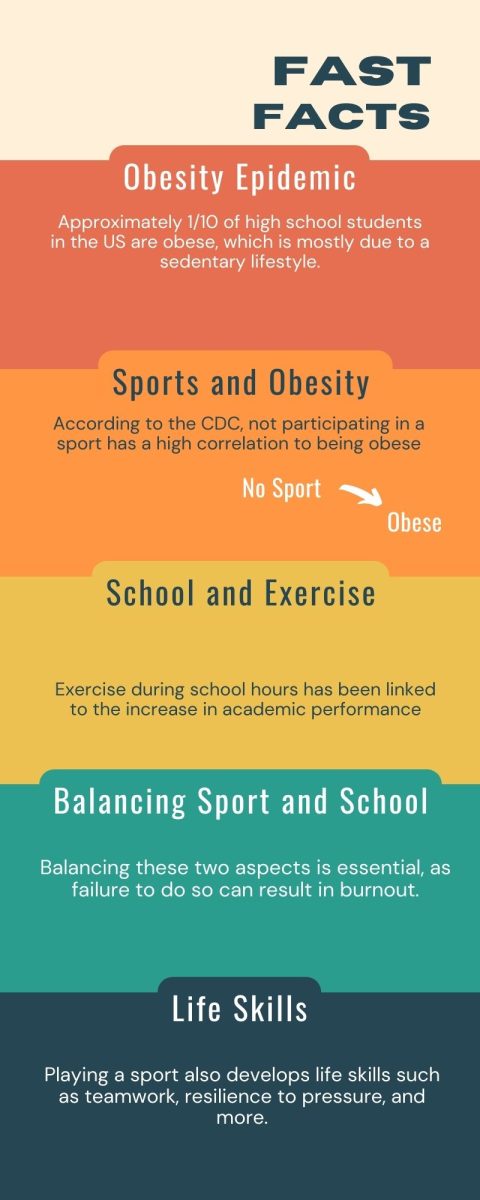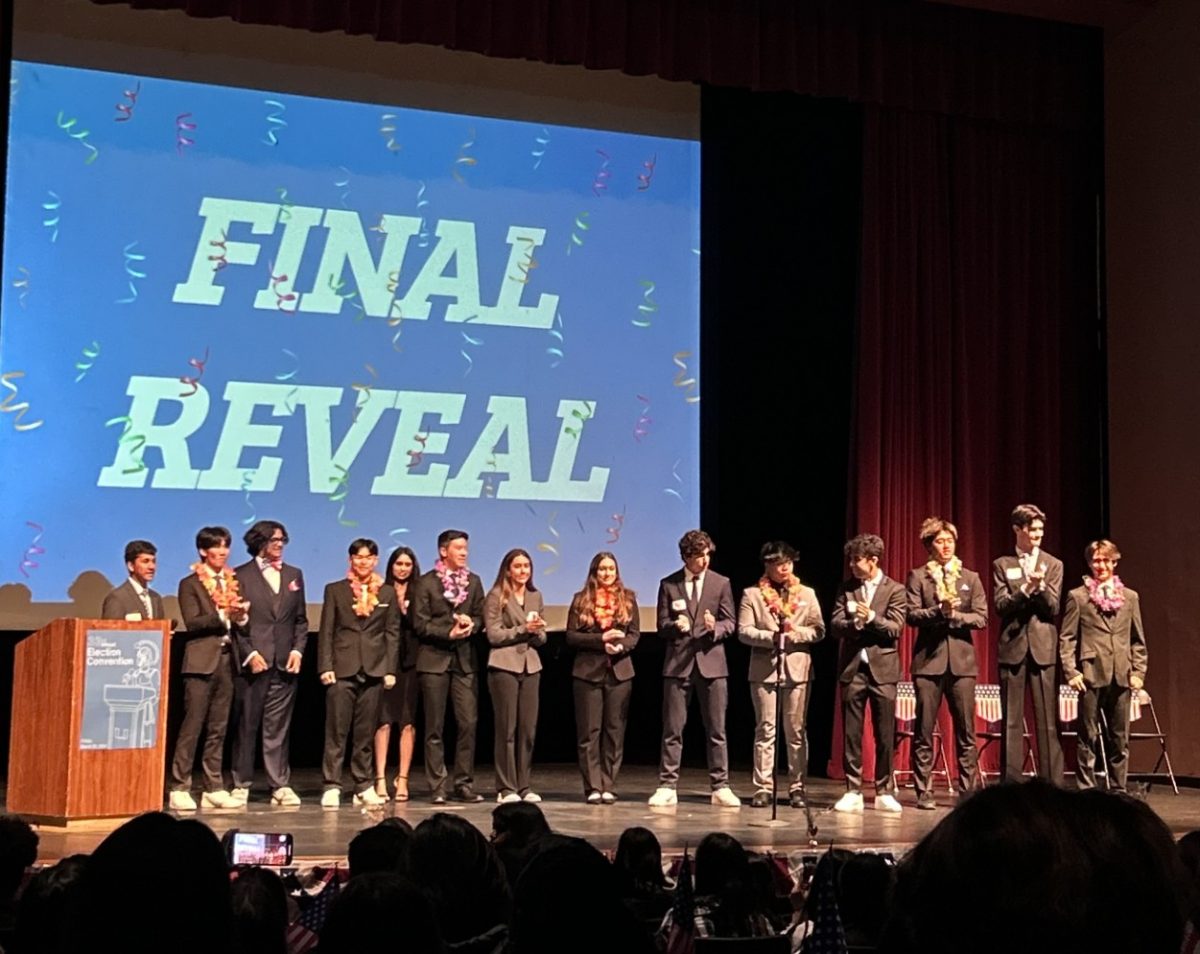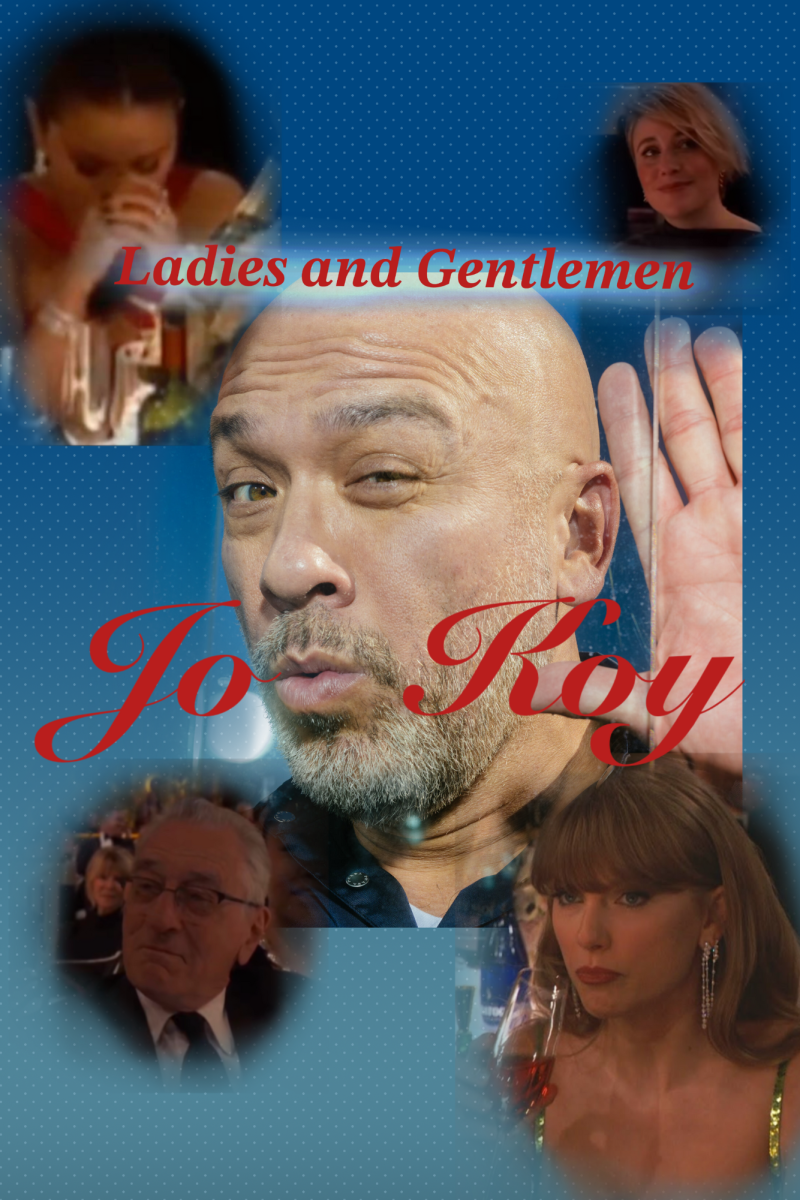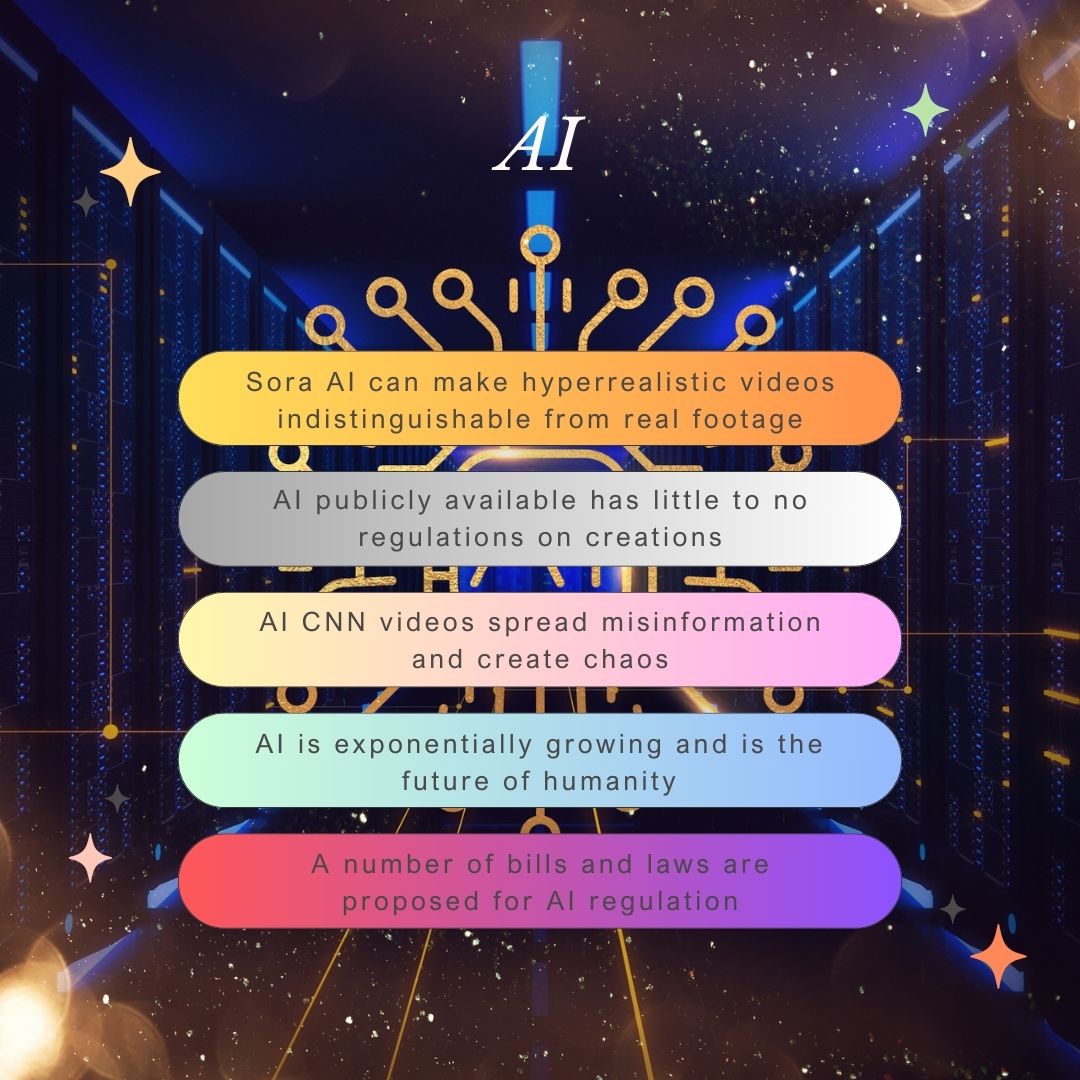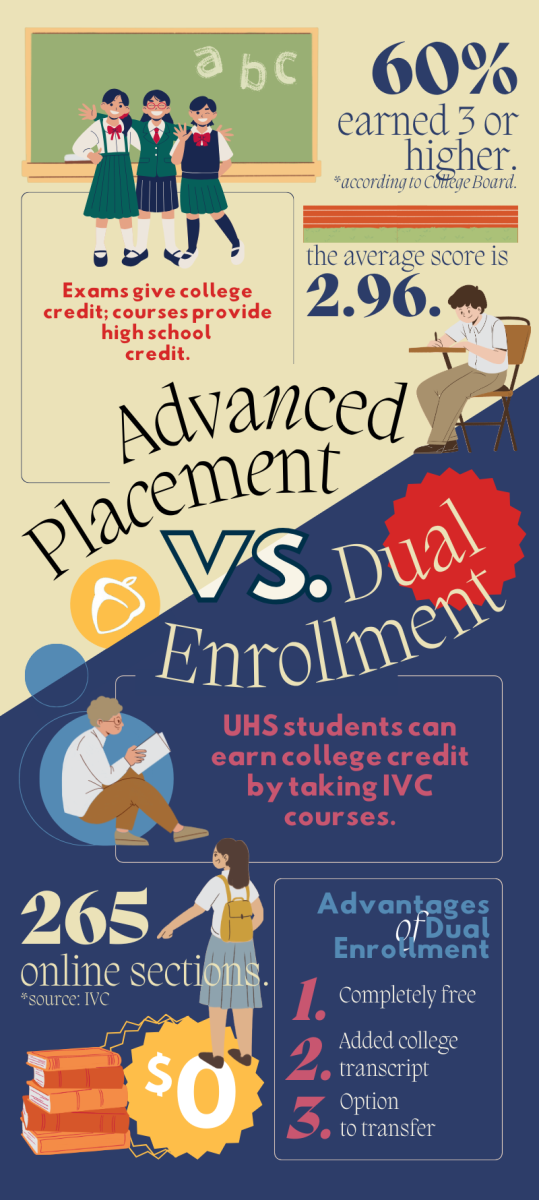
By AKBAR AMIN
Staff Writer
eSports is competitive video gaming, in which people compete either online or in person, often for prizes, but also for prestige.
In 2015, the eSports audience reached 134 million unique viewers, seeing an increase of 45 million people since 2014. In fact, according to ESPN, in 2013, the online Multiplayer Online Battle Arena (MOBA) game League of Legends, by itself, generated 27 million viewers in one championship — 10.5 million more than the NBA 2013 Finals did and 13.2 million more than the 2013 World Series did.

In 2015, the YouTube category for gaming reached 79 million followers, a figure greater than that of the news, movie and education categories combined, and only 6 million less than that of the music category.
When Major League Gaming (MLG), the largest company involved in eSports, launched in the early 2000s, tournaments were held in locations as small as hotel ballrooms. Now, the biggest eSports tournaments rival those of practically any sporting event, held in arenas such as the Staples Center, a major basketball stadium. As can be seen in just the past two years, eSports is a rapidly growing industry that should be taken more seriously by the general public.
An example of the popularity of eSports was seen when ESPN2 aired a collegiate tournament final of the game Heroes of the Storm (a fairly new MOBA game). This type of content was unexpected for ESPN2 viewers, since the channel normally airs athletic sports. Despite this unfamiliarity, viewers’ reactions were overwhelmingly positive.
Pablo S. Torre, a columnist for ESPN, tweeted, “I hereby demand that all of my online multiplayer games be broadcast on ESPN2.”
Jason Sobel, Senior golf writer for ESPN said, “Here’s hoping this ESPN2 video game telecast opens the door for live Golden Tee tournaments on our TV screens soon.”
However, many people do not take video gaming seriously and see professional gaming as an impractical career. While it is true that a professional gamer will not make as much money as a doctor or a lawyer, gaming is still a viable career choice for many with the requisite skills.
In 2015, according to eSports Observer, eSports players made an average of $5,750 from tournaments, not including the money paid by organizations the players represent, individual sponsorships or revenue from live-streaming. Jeffrey “TrumpSC” Shih, is a popular live-streamer on Twitch (the world’s leading video platform and community for gamers) for the online card game and eSport Hearthstone. In an interview with Forbes Magazine, Shih said that “the best-off streamers earn upwards of $100,000 based on their livestreams alone.” Another source of income for professional gamers is YouTube, from which video-makers can earn thousands of dollars in ad revenue.
Just like in regular sports, the best and most valued players in eSports make the most money. Currently, Peter “ppd” Dager holds the record for the most prize money earned from Dota 2 (another popular MOBA game) tournaments, a grand total of $2,070,748.
In fact, traditional athletic sports and eSports are strikingly similar. Professional Call of Duty (a popular first-person shooter game) players Mason “Neighbor” Cobb and Mike “Hastr0” Rufail discussed their careers with ESPN in order to explain the similarities and differences between eSports and traditional sports. Cobb mentioned that during one time in his career that he would wake up at 5 PM and proceed to play until noon the next day due to his preference to play at night. During the rigorous two-week buildup to a major tournament, Rufail emphasizes extra time training, online scrimmages with other pro teams and local area network (LAN) matches. As with other professional competitions, team cohesiveness, preparation for the opponent and a vast understanding of the game are needed to succeed.
In his article for SportTechie, writer Matt Kasten stated that, “regardless of its official classification, the eSports industry is one to be taken seriously from a financial, cultural, and technological standpoint… there are potential six-figure careers in eSports, but like the pros in other professional leagues, they spend hours in practice, and a spot is not guaranteed… the growing legitimacy of the industry has led to the induction of college scholarships for qualified eSports players.”
Kasten has summarized the issue well: although eSports is different from what we usually think of sports as, it still takes the same concentration and dedication as traditional sports and should be recognized and treated with the same respect.
UPDATE (April 24, 2016):
Recently, the University of California, Irvine has announced that it will be launching an eSports program this fall. The University will be granting scholarships to players who wish to play various competitive games to represent the campus. In addition, UCI has partnered with the gaming company iBUYPOWER to build an eSports arena. The arena will contain 80 high-end gaming PCs that will only be available to UCI students.
UCI’s initiative to take part in competitive gaming further reflects that eSports is becoming a fast and growing industry. Most would not expect UCI, a university that is recognized nationwide for multiple majors and accomplishments, to endorse professional gaming since only one other college in the United States, Robert Morris University, has taken part in the eSports scene.
Professional League of Legends (LoL) player, James “Lattman” Lattman, who has participated in the North American Challenger Series (NACS) said in an interview over Skype, “I think what UCI is doing is the first legitimate step forward for eSports at the collegiate level, and a groundbreaking one. I’m really looking forward to seeing what kind of team they’ll be able to put together next year.”
The NACS is a tournament in which only the most skilled League of Legends players in North America may participate. Players are required to be the in highest rank in League of Legends, which makes up less than 0.08% of total players worldwide, and even less in North America.
Even before UCI’s announcement, collegiate players had been representing their schools in League of Legends tournaments called University League of Legends (uLoL); multiple recognizable colleges, such as the University of California, Los Angeles and Harvard, have created teams and taken part.
Jay “Mocking J” Yang, who is currently one of the five players who represents the UCI in the University League of Legends tournaments, said in an interview via Facebook “uLoL is, and will continue be, the main gathering of competitive collegiate League of Legends… [but] I feel that UCI’s eSports program is a small but sure step towards making eSports part of an accepted community.”
Yang brings up a valuable point: although UCI’s eSports program is not a critical event in the rising of eSports, UCI’s initiative may spur other colleges to follow suit in creating their own eSports programs, and it may play a role in making eSports acceptable to people who do not think that playing video games is a viable career.
eSports: the rapidly growing industry and its champions
March 16, 2016

Story continues below advertisement
Donate to Sword & Shield
$180
$1000
Contributed
Our Goal
Your donation will support the student journalists of University High School. Your contribution will allow us to purchase equipment and cover our annual website hosting costs.



